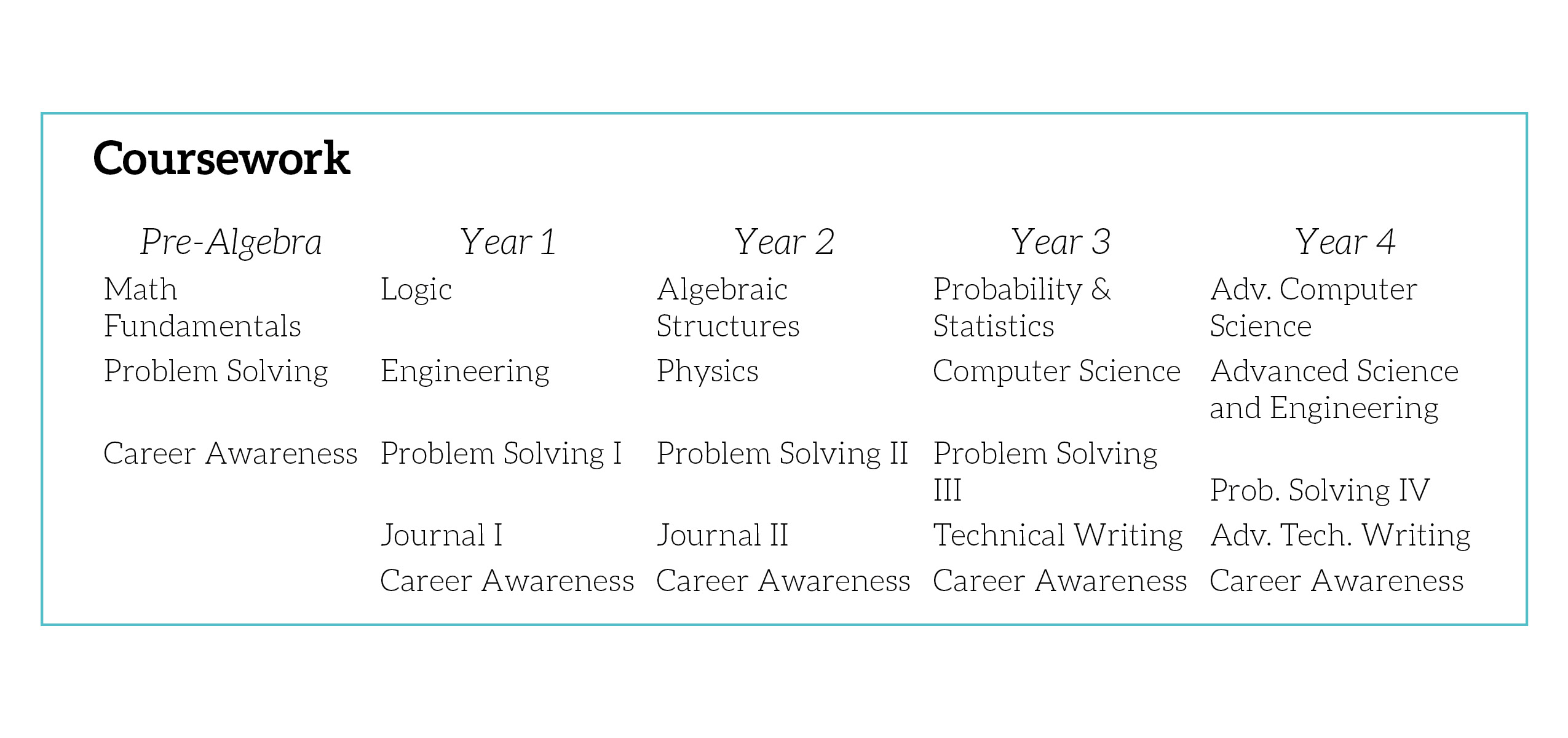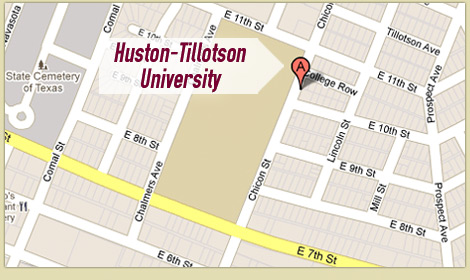
AusPREP FAQ
FAQ – AusPREP Online 2020
Communication
All those currently receiving this message will automatically receive emails and announcements about AusPREP Online with resources as they become available.
Registration
Registration is required to access the learning platform where the lesson modules will be posted. Registration and all content will be provided free of charge. Please submit separate registration requests for each student who will participate. Registrants will receive additional information over the next week as we aim to release the first set of lessons on Monday, June 8th.
Cost
There will be no charge for participation in AusPREP Online activities or accessing any of the resources developed this summer. Free registration is required to access the lesson modules.
Dates and Time
We are aiming to launch the first Problem Solving lesson module on June 8th. The content is then planned to be released on weekly schedule through July 30. Time spent on activities will vary by participant as the resources are intended for self-guided learning and discovery activities. Instructors are preparing lessons that should required 1-2 hours per day, as well as links to additional and follow-up material for those that wish to go further.
Materials & Learning
The instructional materials be available online freely to all who register. We are also exploring ways to offer instructional materials for those that do not have sufficient internet access or devices at home. Some lessons will be geared more toward specific grade or PREP levels, but all are welcome to explore all available resources.
Credit
AusPREP Online will not provide school credit this year. As well, participants will not receive credit for the AusPREP program year. Participants applying for the on-campus program in 2021 will be accepted for the program year they would have taken this summer.
How will this affect AusPREP 2021?
We intend to host AusPREP 2021 in the traditional format on-campus. Students will have the opportunity to apply for the AusPREP program year that they intended to participate in this year. For example, students who intended to participate in AusPREP Year 2 this year, will be applying to AusPREP Year 2 in 2021. We will be adjusting the application requirements for students who completed applications for the 2020 program so as to not require a full application.
AusPREP Coursework
AusPREP encompasses two programs over five years – Pre-Algebra and Years 1-4 of AusPREP. Course description are listed after the table.

1) PRE-ALGEBRA INSTITUTE (4 weeks):
This half-day program began the summer of 2007. It is soley for rising 6th graders and students that may not yet be Algebra ready. The purpose is to strengthen math skills.
Introduction to Algebra/Math Fundamentals:
Participants will study to improve their skills in integers, fractions, decimals, ratios, proportions, percentages, averages, substituting values, setting up equations, polynomial basics, factoring, linear equations, and exponents.
2) AusPREP ALL YEARS (7 weeks):
Career Opportunities Awareness:
Invited speakers from the industry, government, and academic sectors will discuss current and future professional engineering and science opportunities; their own work, professional development and experiences; and technical presentations.
Topics in Problem Solving (Levels I, II, III, and IV):
To strengthen the students’ math and problem solving skills, they learn approaches to investigate and understand mathematical content, formulate problems, and develop/apply different strategies to solve problems. Students will be placed in the appropriate section based on their test scores and the level of math they have completed. Subjects to be covered in the three levels of Problem Solving include Math Fundamentals, Pre-Algebra, Algebra, Geometry, Trigonometry and Pre-Calculus.
Research and Study:
During this period, students work on assignments and projects, standardized test skills, writing skills, consult with instructors and program assistants and have study time.
AusPREP First Year
Logic and its Application to Mathematics:
Statements, Compound Statements, Truth Tables, Rule of Inference, Quantifiers, Paradoxes, Elementary Set Theory, and Switching Circuits.
Introduction to Engineering:
Philosophy, History and Ethics of Engineering, the Engineering Workplace, Engineering Career Preparation, Engineering Principles, and Engineering Team Projects: airplane designs, egg drops, bridge design, solar reflectors, etc.
Effective Written Communication Level : Journal 1
This class concentrates on the writing fundamentals. Topics that will be covered include grammar, developing a thesis sentence, paragraph formulation and writing mechanics.
AusPREP Second Year
Introduction to Physics:
Students will investigate mechanics, units and physical quantities, equilibrium of a particle, motion in a straight line, Coulomb’s and Ampere’s Law, electric fields, electromotive force, friction linear track and resistors in series and parallel.
Algebraic Structures:
This course gives a basic knowledge of groups, rings, and fields using the system of integers and rational numbers as models, the derivation of algebraic properties of these systems, set theory, and properties of abstract mathematical systems.
Effective Written Communication: Journal 2
This class concentrates on writing good essays like those expected on exit-level TAKS tests. Topics of focus include outline and augment development and writing mechanics.
AusPREP Third Year
Probability & Statistics:
Students will gain an understanding of basic probability theory, generate statistical tables and charts, and measure center and spread for distributions. In this project based course, students will apply their knowledge to conduct research. Formal report and presentation of their research methods, data, and results is required.
Introduction to Technical Writing:
This class concentrates on the writing skills applicable to the engineering and science fields. Students will learn to report original research and produce clear, persuasive, and effective technical reports. This course focuses on purpose and audience, organization and development, editing, style, grammar, and mechanics.
Introduction to Computer Science:
An overview of capabilities and applications of computers, basic hardware and software concepts including definition of system components, development of algorithms through the use of flow-charts, and Visual Basic and C ++ programming languages.





